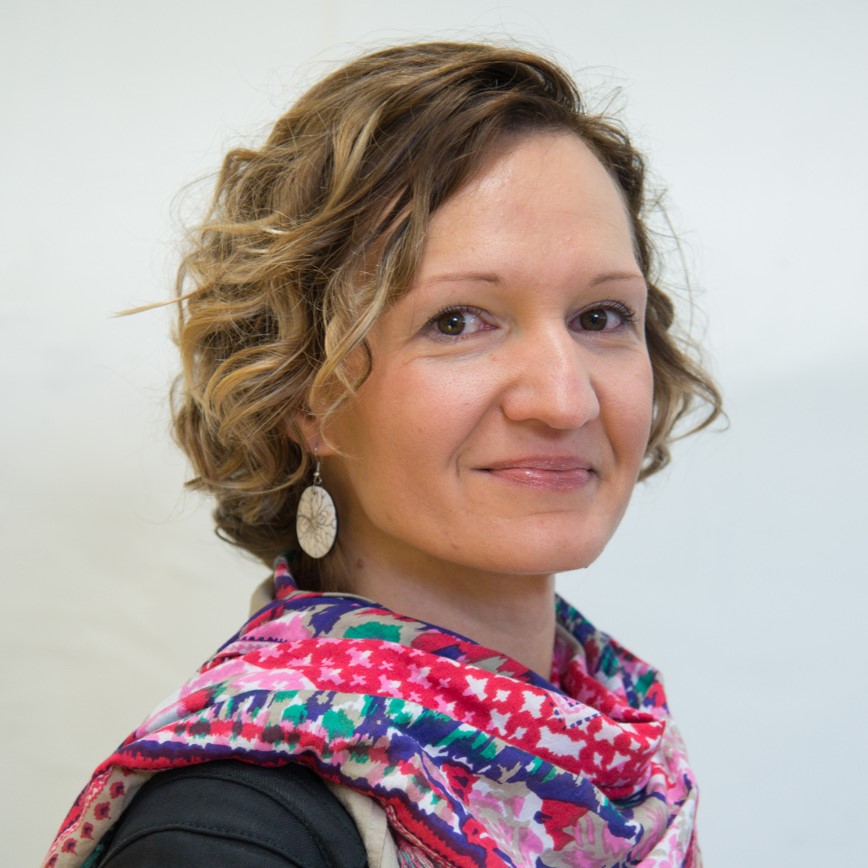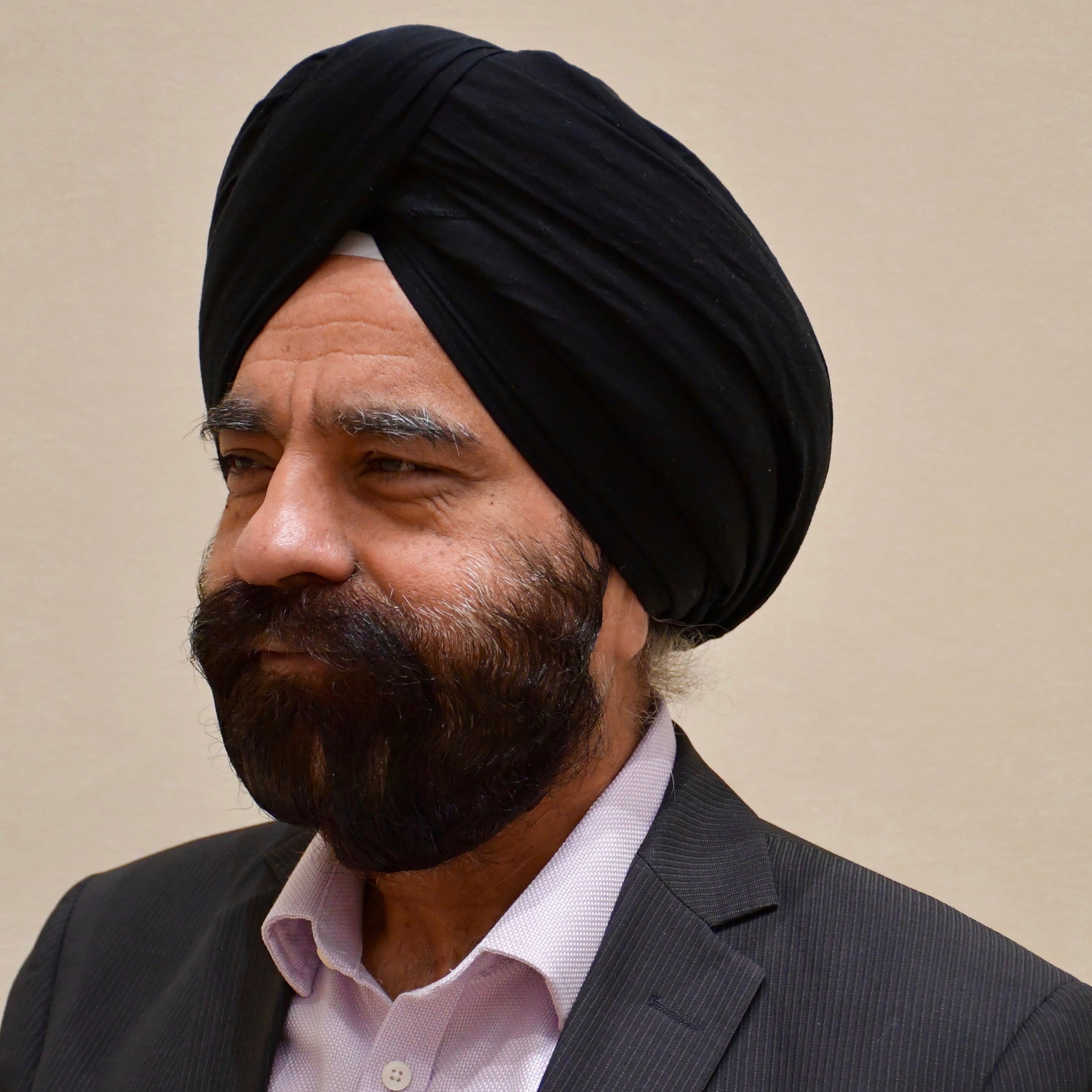Oct 2, 2019 | by The SEEP Network
Findex data shows that across Ghana, Tanzania and Zambia formal financial inclusion has increased significantly, from 32% in 2011 to 64% in 2018. During the same period, informal finance has expanded from 8% to 19%, indicating that informal financial services remain enormously relevant to the management of household and business finance, specifically for lower-income customers. It also suggests that most of this growth is driven by customers who use both informal and formal finance.
This webinar looked at the relationship between formal and informal financial services usage more closely, based on a four-country analysis of Findex data and recent qualitative research conducted by the Savings at the Frontier (SatF) Program. It also discussed implications for financial service providers and other stakeholders, and focus on the following questions:
Using testimonial evidence from Ghana and Zambia, combined with Findex data analysis, speakers explored these questions and discussed how to support the offering of savings and other financial services given that almost 40% of the population are still not using any formal or informal finance.
For more context, read Savings at the Frontier's new blog post Does Informal Finance Still Matter?
 Diana Dezso
Diana Dezso
Diana is team leader of the Mastercard Foundation Savings Learning Lab. In this role, she provides organizational and technical leadership on activities aimed to support learning among the learning partners and others in the sector through the generation, synthesis, curation and dissemination of knowledge.
Diana specializes in learning and organizational development, capacity assessment, program implementation and evaluation, and new business development. She works with global alliances and learning networks on knowledge management, engagement and expansion strategies. She has undertaken global research on strategic risks and opportunities facing MFIs in the developing world. She has worked in senior leadership positions of international organizations in both Washington and the field, including The SEEP Network and ACCION USA.
 Sukhwinder Arora
Sukhwinder Arora
Sukhwinder Arora is the Team Leader of the Savings at the Frontier Program. After 21 years of socio-economic development work in India, Sukhwinder shifted to work on global financial inclusion/ financial sector development issues, when he was invited to join the DFID HQ based financial sector policy team in 2003. He has over three decades of experience working on private and financial sector development, covering the entire policy and program development cycle – conceptualization, scoping, policy and program finalization, periodic reviews and evaluation. He has contributed to two books – The Poor and their Money (with Stuart Rutherford) and Small Customers, Big Market: Commercial Banks in Microfinance (with Malcolm Harper) and other publications.
 Hanna Laufer
Hanna Laufer
Hanna is the Monitoring, Research, Evaluation and Learning Manager of Savings at the Frontier and a financial sector consultant at Oxford Policy Management. Savings at the Frontier’s MREL workstream invites the use of a wide range of methods and research tools to answer learning questions and demands the development of monitoring and learning frameworks that can support the principles of adaptive program management and evidence based decision-making in partner organizations. Prior to joining OPM, she worked as a research associate for a non-profit financial sector consultancy in South Africa for three years.
This webinar was hosted by the SEEP Network in partnership with the Mastercard Foundation, Itad, and FSD Africa.
Categories: Savings Groups The Mastercard Foundation Learning Lab Webinar Series Webinar Savings Groups Webinar 2019 WebinarsBlogs

1621 North Kent Street, Ste 900,
Arlington, VA, 22209
P 202.534.1400
F 703.276.1433
Website Photos: © mari matsuri
